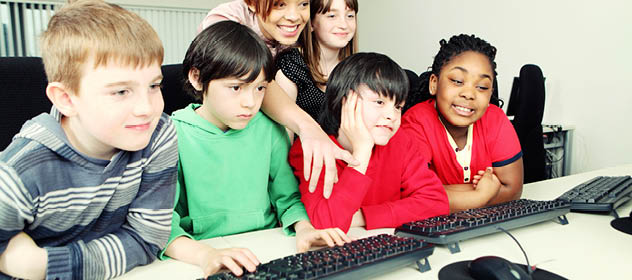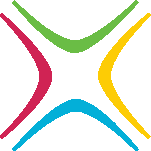
The new primary computing curriculum is a pretty daunting thing to get your head around. Before the summer holidays, most of us had no idea what algorithms, abstraction and data representation were. The idea of teaching Key Stage 1 children how to create and debug programmes seemed like an impossible task. The Key Stage 2 computing curriculum may as well have been written in another language.
Most primary school teachers know the subject that they lead inside out, and the rest of the curriculum pretty well. The new computing curriculum can be a bit of a stumbling block.
Computing at School (CAS) offers some excellent support. Their website has some fantastic resources on it; one of which is the CAS Primary Guidance document, which breaks the computing curriculum down into three key areas and then goes on to explain those tricky terms and suggest some activities that children could do to help them to learn about these new concepts.
There is also a link to Barefoot Computing, a project funded by the Department for Education (DfE) to develop cross curricular resources incorporating key parts of the new computing curriculum within existing lessons. The computing curriculum states that computing has deep links with mathematics, science, and design and technology. It is important that children learn to apply what they have learnt in computing lessons in other subjects and in their lives outside school.
There are countless apps on the iPad which support primary science. One of my favourites is Anatomy 4D which allows you to look at different organs in the human body in 3D. I’m sure most schools are using dataloggers and digital cameras in teaching of primary science, but have you ever thought of using coding programmes such as Scratch to support your teaching of primary science? Or considered that algorithms could be used in science lessons and that evaluating investigations uses the same skills as debugging computer programs?
At the National Science Learning Centre, we are running a CPD activity called ‘Linking Primary Science and Computing Technology’, presented by a range of experts in their field including Boffinmedia. We also have teachers who are coming to show us what they do in their own classrooms. Gemma Taylor (@GTaylorSTEM), our resident Technology expert, will also be leading a Scratch workshop, and focusing on computational thinking. The course will develop ideas on how to link computing technology and primary science; the opportunities are endless.


